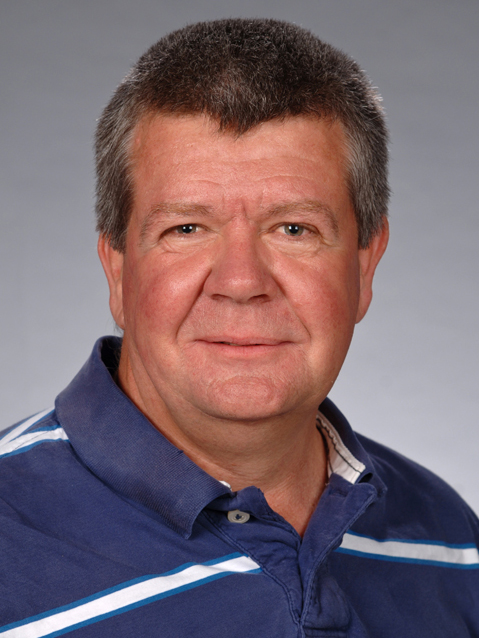Brian Child, Ph.D.
Associate Professor of Geography
College of Liberal Arts and Sciences
2010 Awardee
 Brian Child’s career goal is to conserve wildlife and reduce poverty in Africa’s savannas by improving the governance, economy, and ecological sustainability of land use systems. Each summer, he leads interdisciplinary teams of colleagues and graduate students at UF to research land use change, ecological processes, economics, and governance in southern Africa’s massive conservation landscapes. To bridge scholarship and improve practice, Child is developing “research as a participatory adaptive process.” He involves local stakeholders in the design and implementation of research, and in peer reviewing the results. Immediate feedback also translates to on-the-ground improvements. For example, Child’s policy of immediately returning results from governance research to communities has created social pressures for change, and a unique opportunity to study how changing configurations of governance affect poverty, conservation, and social empowerment. He works with practitioners and governments on real problems to create a positive bureaucratic and social environment for his research.
Brian Child’s career goal is to conserve wildlife and reduce poverty in Africa’s savannas by improving the governance, economy, and ecological sustainability of land use systems. Each summer, he leads interdisciplinary teams of colleagues and graduate students at UF to research land use change, ecological processes, economics, and governance in southern Africa’s massive conservation landscapes. To bridge scholarship and improve practice, Child is developing “research as a participatory adaptive process.” He involves local stakeholders in the design and implementation of research, and in peer reviewing the results. Immediate feedback also translates to on-the-ground improvements. For example, Child’s policy of immediately returning results from governance research to communities has created social pressures for change, and a unique opportunity to study how changing configurations of governance affect poverty, conservation, and social empowerment. He works with practitioners and governments on real problems to create a positive bureaucratic and social environment for his research. As Chair of IUCN’s Southern African Sustainable Use Specialist Group (2002-2008), and more recently as PI of the USAID/HED-funded Transforming CBNRM Education in Southern Africa Project, Child regularly convenes knowledge networks of scholars, practitioners, and communities that lead conservation innovation in Africa. Through this process, he has author-edited two books on conservation and facilitated two more. He is adapting this process to the USAID/HED project. Collaboratively, Child will develop knowledge and translate it into curriculum materials on community conservation (with 11 universities, seven colleges, key NGOs, and conservation projects), by writing four books (on community conservation, economics, governance and pedagogy) and integrating them with experiential training of faculty and conservation trainers.
Child is PI and Co-Director of UF’s new Masters Program in Sustainable Development Practice. He and other UF colleagues were one of two successful U.S. applicants for a $970,000 MacArthur Grant because they demonstrated an ability to be both interdisciplinary and to bridge research and practice. For example, Child is adapting his participatory research methods to train students to address health, social, economic, environmental, and managerial aspects of sustainable development in northern Botswana in partnership with the University of Botswana. Monitoring sustainable development indicators allows him to better understand and address complex interactions between livelihoods, wildlife, and environments in an area particularly vulnerable to climate change.
To support his program of interdisciplinary research, Child works collaboratively and has submitted 24 grant proposals in the last five years. In the same period, he has published 19 book chapters and 5 journal articles. Child anticipates that his most important research contribution will be his finding that participatory local democracy outperforms representation governance by an order of magnitude. He is investing in this research by establishing long term social “experiments,” monitoring, and data sets with field partners.

